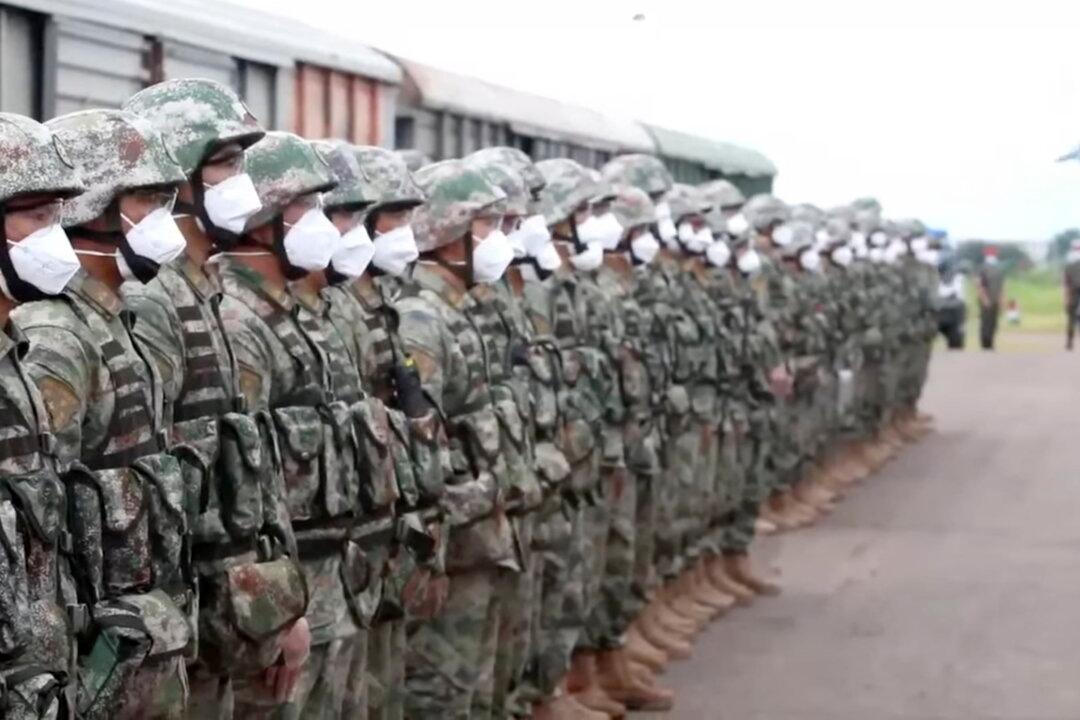Chinese leader Xi Jinping has asked the military to “focus all its energy on fighting wars” while the United States cracks down on Beijing militarily and technologically, giving the world a glimpse of the threat of war. Carl Schuster, former director of operations at U.S. Pacific Command’s Joint Intelligence Center, warns that we should watch out for the reappearance of Nazism.
President Biden declared on Nov. 8, a continued national emergency to stop the threat of China’s use of U.S. capital to provide resources for its military, intelligence, and other security agencies.




